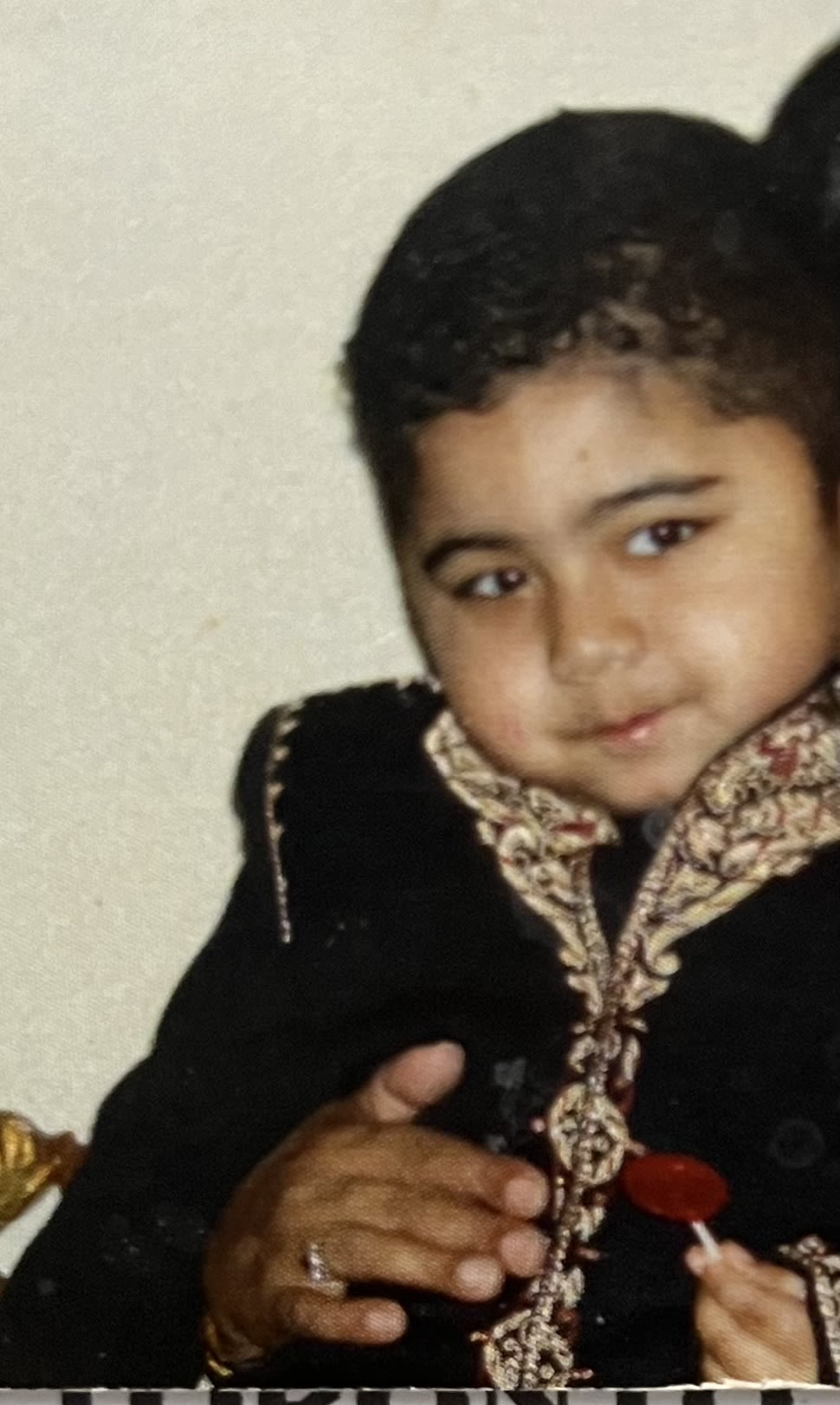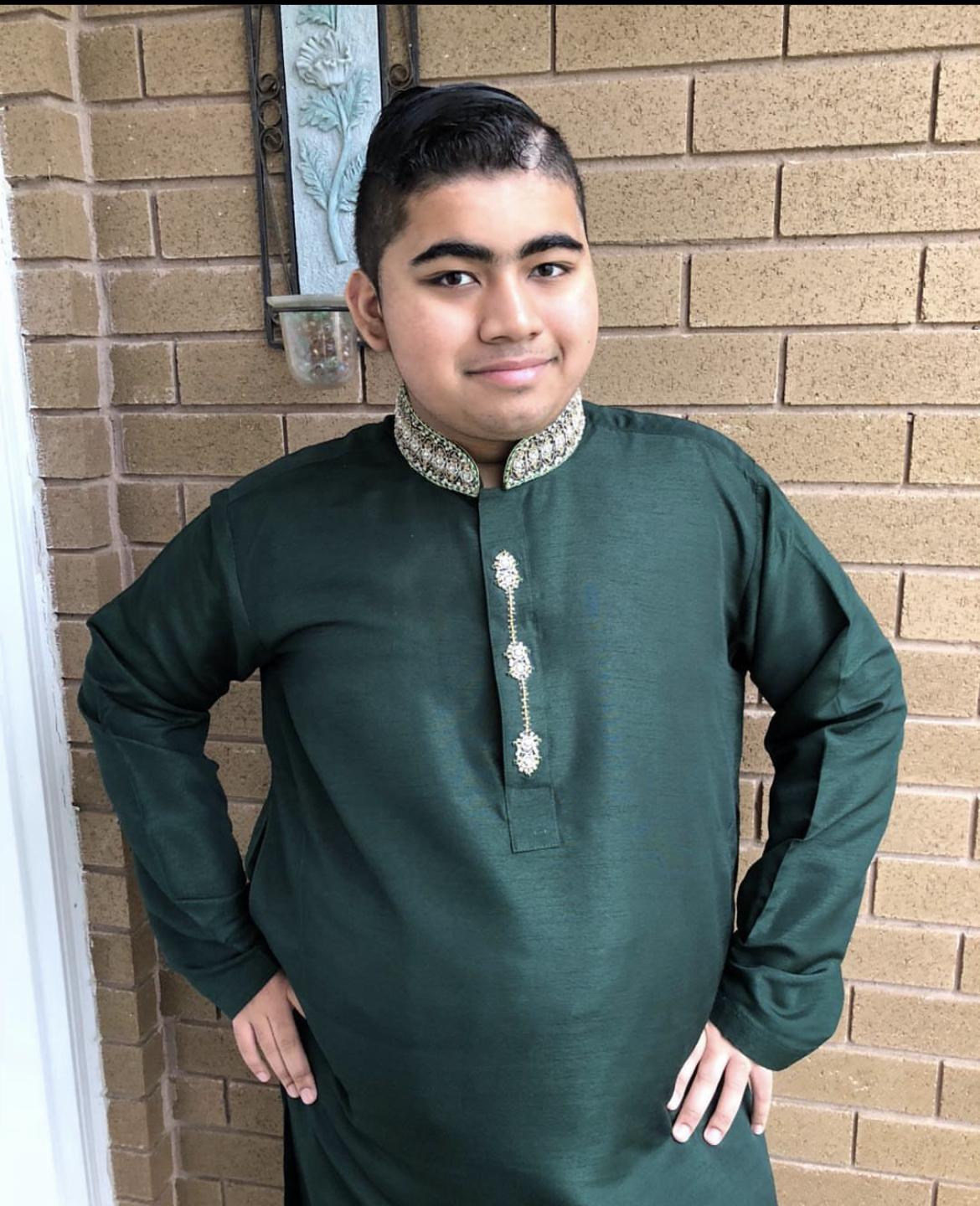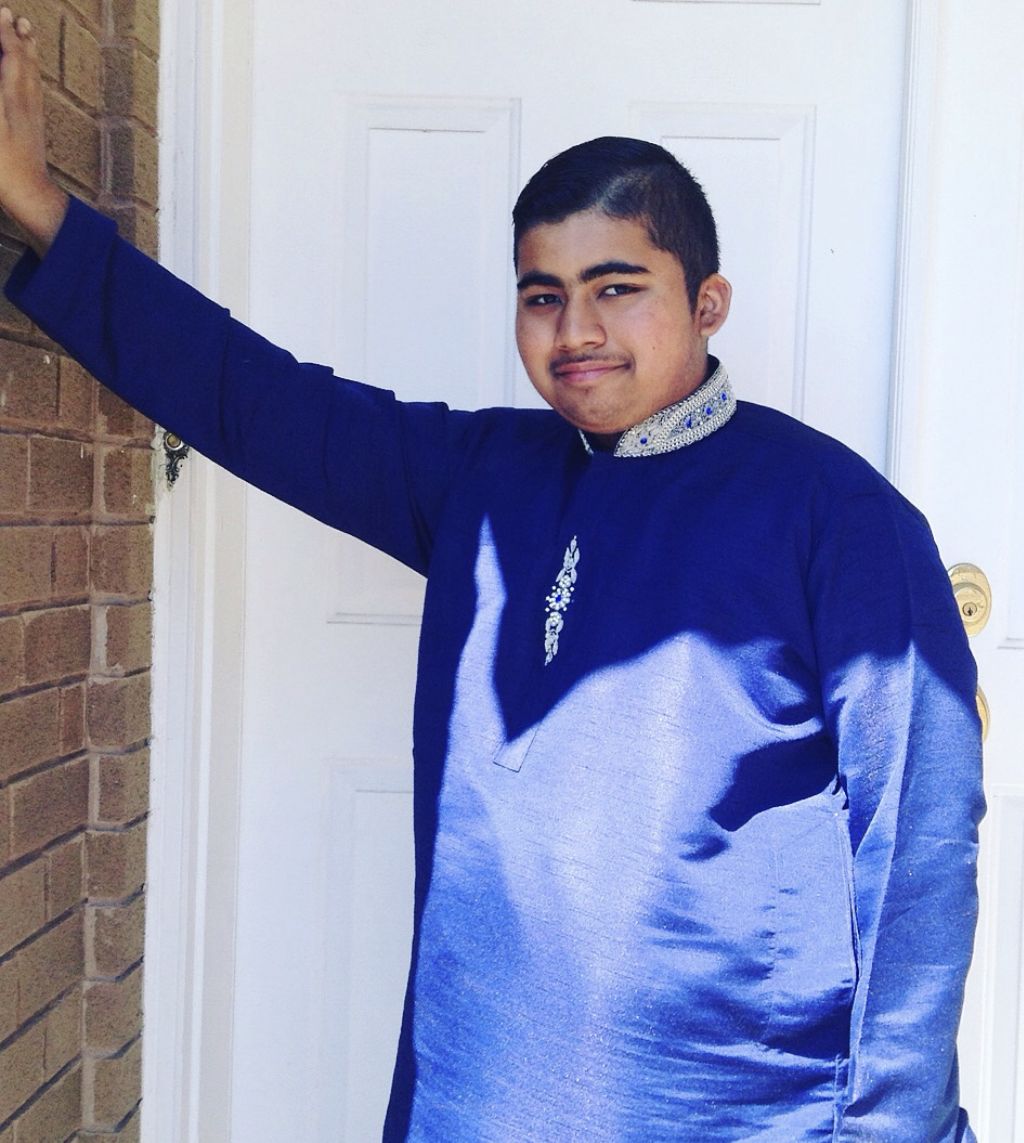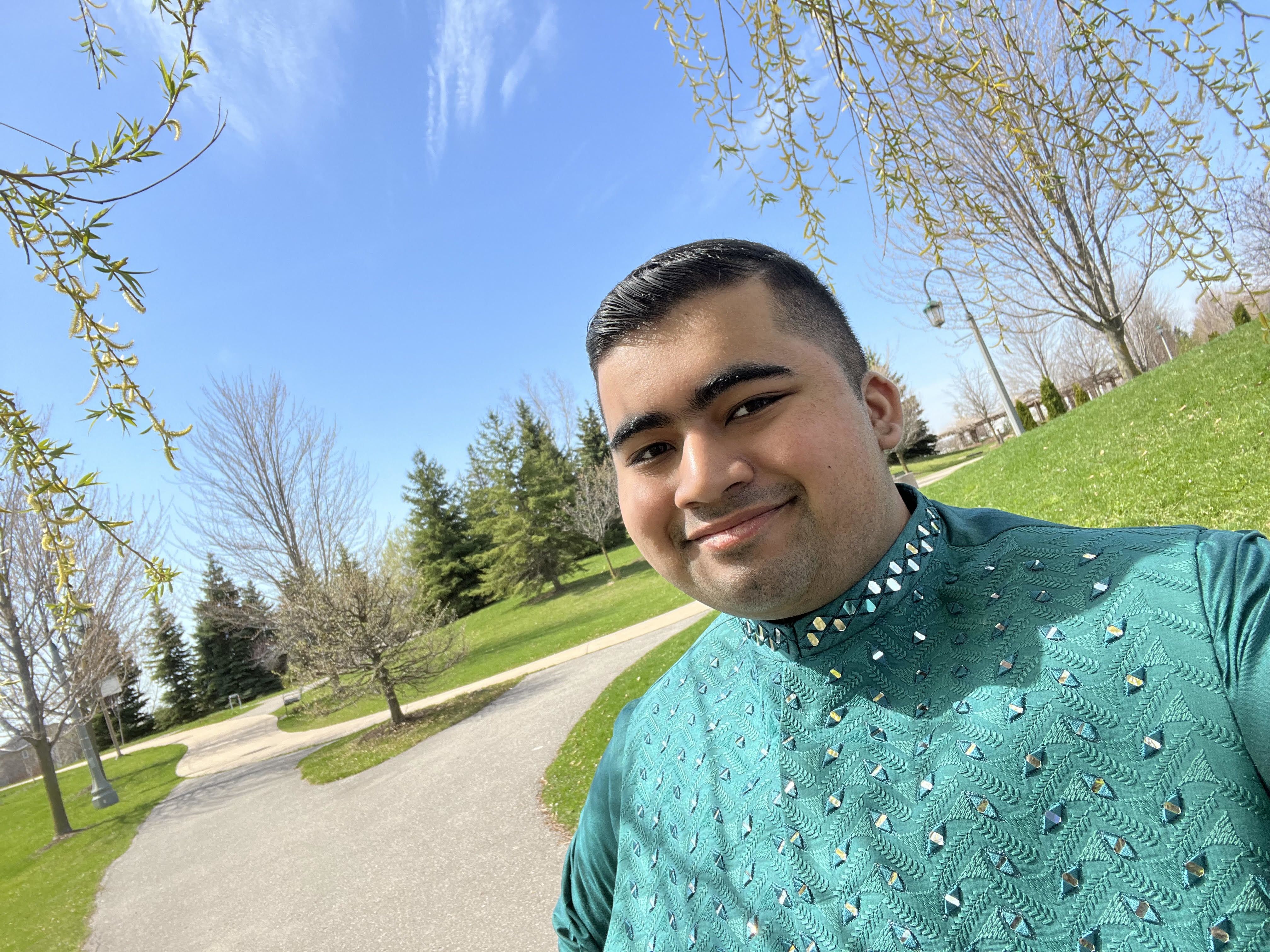Unbuttoning the Kurta
"Love me or hate me, ooh I ain't changing, and I don't give a f- no"- Lizzo, Exactly How I Feel
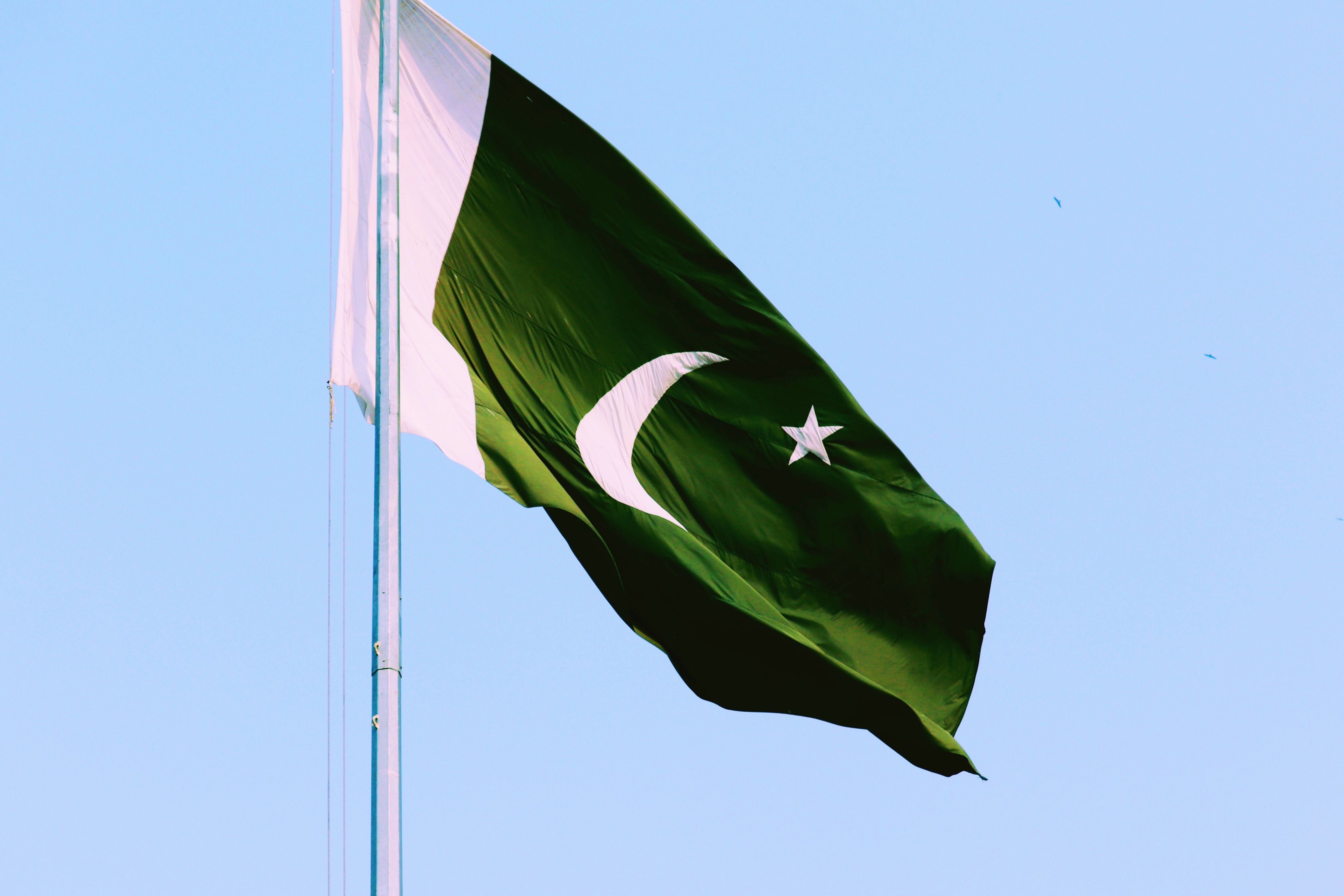
For as long as I can remember, my body has always been a subject for discussion. Throughout my whole life, I’ve been force-fed labels: fat, morbidly obese, overweight. Instead of resisting the labels, I take them in, silently; I carry their weight and shame. They devour me. I was once told that my body was a “problem of the world that needs to be solved”.
“You’ve gained weight –again—and now you don’t fit in your kurta.”
I hear these words just before my uncle’s wedding reception during winter break. As my mother tries to do up the buttons in my kurta, she frowns and feeds me with the threat of yet another weight gain intervention. My body freezes. I button my mouth. I do my best not to cry as shame enters my digestive system.
For years I’ve been trying to break down the words. But shame is never easy to digest. Shame, according to the National Institute of Health, carries our feelings of inferiority, defect, and a sense of self failure. Shame always moves its way to the stomach, but its home is in the throat where it gets lodged at the entrance of the digestive system. Shame lives undigested and lingers in the mind, a weight no one should experience. But if you ruminate on the nature of shame, chew on it, shame can also be the catalyst that leads to change: a forced change. You could say that shame was my key to losing weight.
In my attempts to digest body shame, I’ve come to some conclusions about its origins and its effects on my personal life. For instance, the bodies we see in the media do not reflect reality. Images of thinness are everywhere, on every screen, every billboard. When you see it on screens, fatness is always displayed as an abnormality that needs to be fixed. We’re conditioned to demonize fat bodies and to glorify thin ones. We are sold the product of thinness as “the prime standard of good health.” But maybe pointing fingers at weight is a way of covering up the flaws of social norms. Images of fatness get transformed into moral panic that demands the body get fit to guarantee a long and healthy life.
My criminology TA, Ritika Tanotra, tells me that a “moral panic is a repetitive cycle of public concern where entities or behaviours are labeled as problematic and deserving of immediate social intervention.”
This cycle of demonizing fatness and glorifying thinness has warped not only how we think about health but also how we think about bodies. When one thinks about healthy bodies, the images that come to mind are thin or muscular bodies. In addition, we’ve been influenced to believe that fatness is a sign of unhealthiness, that it is a warning sign of further damage to health. The continued existence of moral panic around fat bodies hinges on its profitability potential. Various entertainment programs, content creators, and medical health professionals have benefited from fueling the narrative that thinness is the prime standard of health, leaving people like me to suffer from an inability to digest shame. We internalize the suffering, the moral panic, and damage not only our bodies but the way we think and feel about our bodies.
Sometimes, I still find myself standing there, frozen in silence with shame lodged in my throat. I take a deep breath and tuck in my stomach so my mother can use her remaining strength to do up all the buttons on my kurta. I use my own remaining strength to fixate my eyes on the ceiling, to pray for my twice-altered kurta to fit.
It fits. It holds me tight, using its strength to keep my body covered. As my mother does up the last button, her anguished grimace reverts to a soft smile. She compliments me. I quickly make an excuse to leave the hotel room. The buttons hold for the entirety of my uncle’s wedding reception. I spend the evening forgetting shame’s presence, its shadow.
I fit in the kurta that night. I often think about the irony of those buttons fitting into place, as if magically, to simultaneously hold me and release me from shame.
I’m getting to a place where I can confidently say that I love my body. I love all of it, including my full belly, and people’s snide comments no longer affect me. I’m no longer focused on appearance and my thoughts now revolve around what my body does for me. My body has navigated a global pandemic, has survived both physical and mental trauma and somehow made it through grade nine gym class.
At the end of the day, we only have one body to live in and one life to live. We shouldn’t strive for perfection, but instead aim to achieve some level of self actualization. Instead of working to lose weight, we should work towards gaining peace with our bodies - and forgive ourselves for hating its appearance. We are, after all, complex individuals who come in different shapes and sizes and who carry dreams – and flaws - in different shapes and sizes. And every dream, flaw, shape and size are beautiful.
I am more than just my body. I am a human being with a long life to live, with a healthy pulsing heart that gives, that dreams and that moves my body. But I am also more than my body. I am Ayyub Hussain, unbuttoned.
